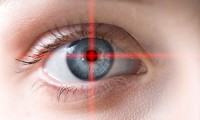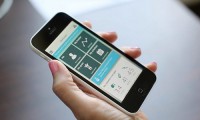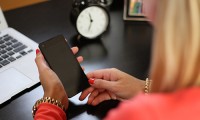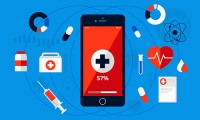-
mHealth App Aims to Help Caregivers Identify Perinatal Depression
- Source: mHealth Intelligence
- 648
- April 24, 2018
-
Is mHealth Monitoring for Hypertension Safer Than the Doctor’s Office?
- Source: mHealthIntelligence
- 1,272
- April 23, 2018
-
AMA Challenges mHealth Providers to Improve Chronic Care Management
- Source: mHealth Intelligence
- 662
- April 10, 2018
-
mHealth Tools, AI Combine to Avert Serious Diabetic Health Issues
- Source: drugdu
- 1,246
- March 19, 2018
-
Can An mHealth Kit Improve Outcomes in Workers Comp Treatment?
- Source: mHealth Intelligence
- 791
- March 12, 2018
-
FDA Orders Recall of Drug Dosage mHealth App for Diabetic Patients
- Source: mHealth Intelligence
- 778
- February 26, 2018
-
How mHealth is Changing the Face of Indian Healthcare Sector?
- Source: Entrepreneur India
- 548
- February 9, 2018
-
Health System CIOs Are Ready to Take mHealth to the Next Level
- Source: mhealthintelligence
- 672
- December 25, 2017
-
Lilly makes website to simplify access to obesity drug Zepbound, plus diabetes and migraine meds
- Source: drugdu
- 158
- January 6, 2024
your submission has already been received.
OK
Subscribe
Please enter a valid Email address!
Submit
The most relevant industry news & insight will be sent to you every two weeks.













